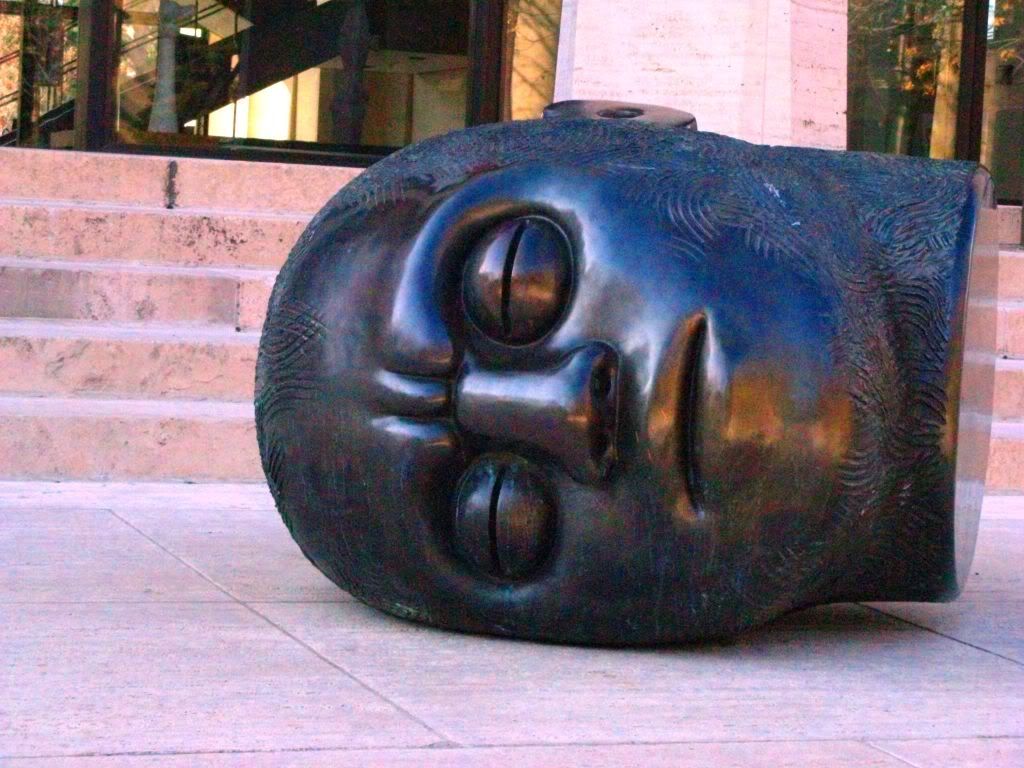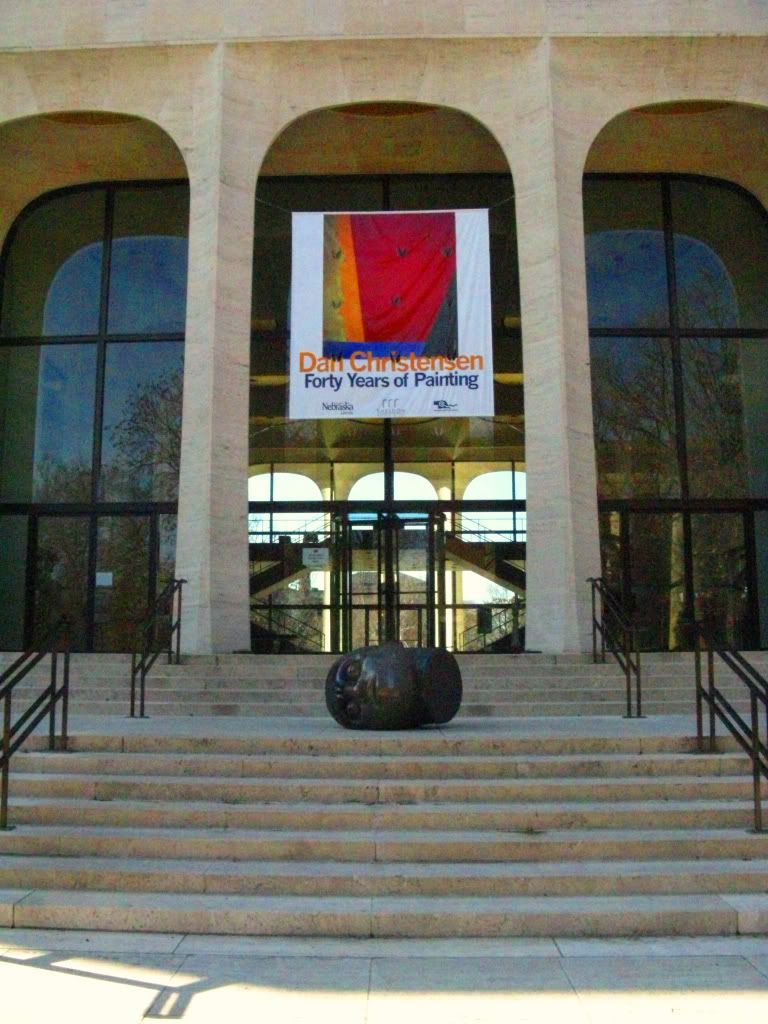 A letter to the Fallen Dreamer,
A letter to the Fallen Dreamer,Written in the Year of Our Lord seventeen hundred and seventy six.
A fallen dreamer men say thou art. I wonder, what dist thou dream? Didst thou make grand proclamations before the people? Were’t thou like the great Patrick Henry, stirring men to oppose tyrants? Didst thou live to see they dreams come to pass? Or, like many poor wretches in these times, didst thou die before thy dreams came to pass?
Oh dreamer, I write to thee on this darkest of days. This land has not yet been free for eighty days and already we are failing. It was only two months ago when we rejoiced at the news. We had declared independence! Now our dreams would be fulfilled. But oh, dreamer, with thee we may fall.
A man of the heathen southern lands thou were’t, what dost that mean? How can I, a man of so little wit, understand thy lofty thoughts? What noble philosopher thou must have been! Divining mysteries that Plato could not have seen .Did thou understand the purpose of this life? Did thou grasp the reason for sudden tyranny? Were’t thou struck down for defying these heathen land’s laws? For, surely, I too shall soon be struck down. Were’t thou countrymen enraged by thine discoveries? Oh, fallen dreamer, how I wish to discover the answers! For I too am to be struck down by my countrymen! I too have defied my king and rebelled against him! I too shall suffer the fate of those who dream of a better future.

Or perhaps thou were’t not a rebel, but a monster. Could it be that thou were as Benedict Arnold. Did thou dream of the destruction of your people? Perhaps thou hast betrayed your people. Perhaps this monument is not a celebration, but a warning. Could it be, oh dreamer? Could thou be capable of such things? My people didst not suspect Arnold of his betrayal, but betrayed he did. His dastardly schemes almost undid all that we have done. For surely if Westpoint had fallen our fledging nation would have died with it. Could it be that thou were such a man? Would you have turned on your own countrymen in their greatest hour of need?
No. You could not have been such a monster. You could not have tried to destroy your people. Such a noble monument could only be for a noble man. But, whatever thou hast done, here thy bronzen head lies. Tell me, what became of thine body? Dost it lie in a tomb in some distant land? Or was it destroyed when they cut thee down? Surely it dost not matter, for the body is but a shell. The mind, the spirit, is the essence of thine body. Thine thought come not from thy body, but from thine head. Oh what noble thoughts those must have been! For only a great dreamer could have died such a noble death. Yet, without thy body, thy head lies here useless. For a head without a body is like an arm without feeling. It is dead, and good only for the fire.
So here thy head lies, here on this most unceremonious of land. Thou art the gatekeeper of all that lies inside. Thou, oh fallen dreamer, speak silent rememberance to all the dreamers in this most hallowed of buildings. You stand guard over all the fallen dreamers in this sanctuary. Inside these great walls of glass and steel are the remnants of hundreds of fallen dreamers. And yet, even In death, even as thy lay among thine peers, thou art mocked. Children desecrate thy memory and their parents point and laugh. Other simply ignore thee. They pass by through the doors of glass without a glance toward thy noble head. Though must suffer this indignity in silence, as thou hast always done.
Oh cruel word! Dost thou care that this dreamer hast died? Dost thou understand that his dreams have come to naught? No! For you cannot. You cannot know what a dreamer is. For you kill the dreamers. You are indeed the children of those who killed the prophets of old. There was not one whom your fathers did not persecute. You have the blood of so many dreamers on your hands. I have seen the dreams of many young men smashed by thy cold, cruel steel. As the lead pierces their bodies, thy injustice pierces my soul. You demand that men sacrifice their dreams for your twisted conformity. You ask for what man cannot give—you demand the very thing that makes them men. You require men to sell their souls.
So, oh fallen dreamer, what then for me? For my dreams too are great. I fight for the freedom for my people. Even today I defied my king in the service of my God and my country. I can here them coming for me; I cannot hide. Oh dreamer, shall I too be forced to choose between my life and my dreams? Shall I be made to sacrifice what you have sacrificed? Even now I see the gibbet upon which I shall be hanged if I do not swear allegiance to the tyrant. Shall I abandon all that I hold dear to escape the gallows? No. For if I must choose between life and my dreams, I shall choose death.
Oh world, thou may kill me. I do not recant my dreams and hopes. I would rather die a dreamer and a martyr than to live a coward. My only regret is that I have but one life to die for my country.
Oh dreamer, I, like thee, shall choose to die.